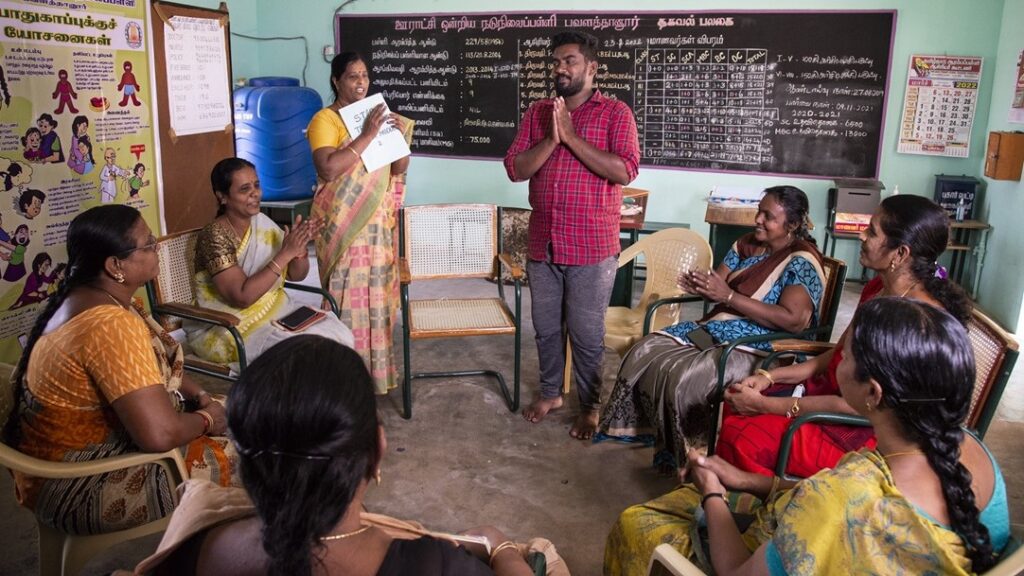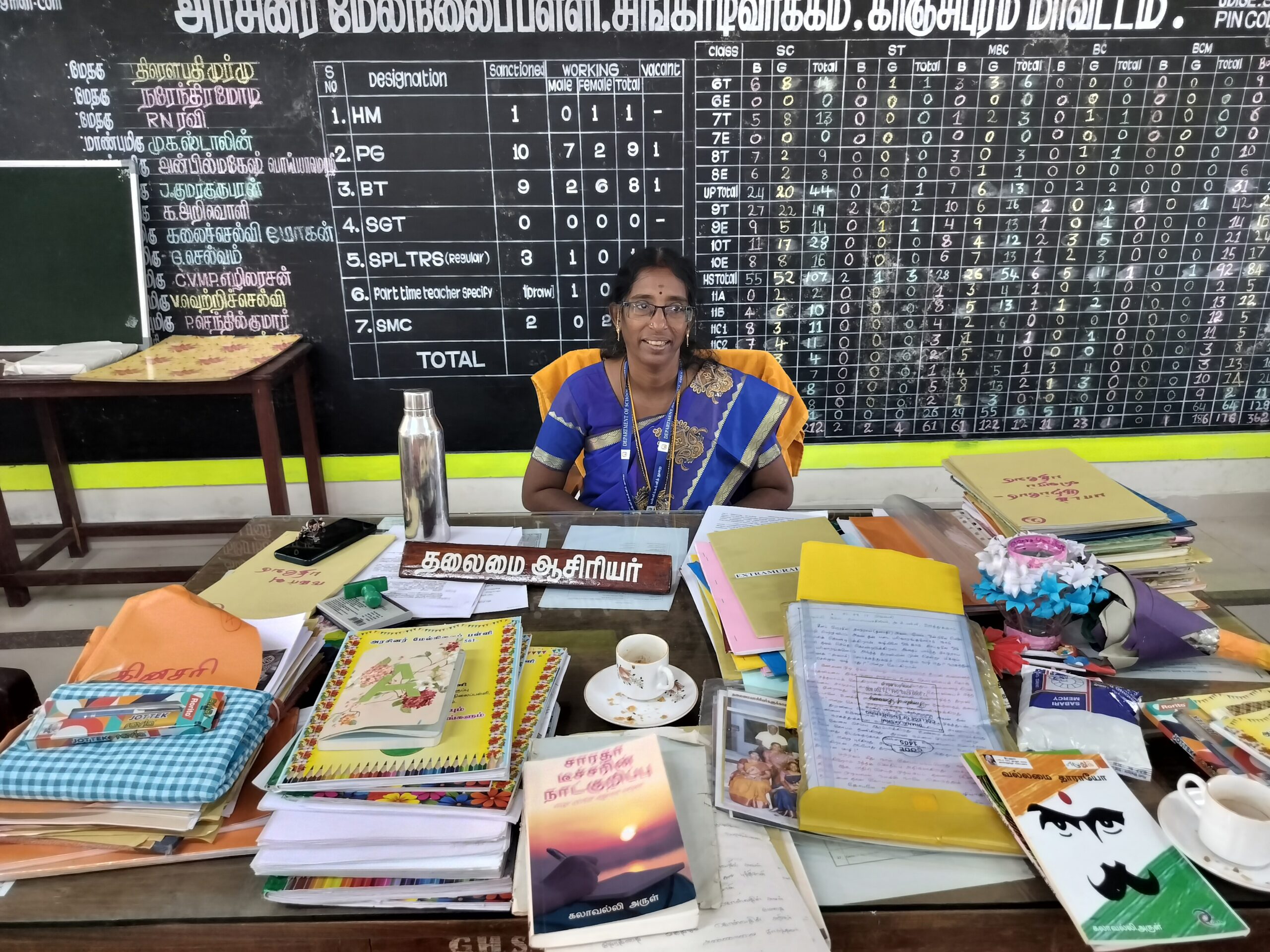Teacher Perception Survey

Our teams in Delhi, Karnataka and Tamil Nadu have sought to understand teachers’ perceptions about the relevance, use and impact of our programme for themselves and their students. We have therefore designed a survey which aims to capture their perspectives about our work both before and during the pandemic.
We were delighted to receive a total of 7,950 responses from teachers across all three states, despite the number of other demands on their time during this challenging period. Although this data is based on perceptions alone, and the teachers who chose to complete the survey were likely to be among the more engaged with our work, the survey gives us a strong indication of the value that these teachers have assigned to our programme. Some of the key findings from the survey are as follows:
Surveys like this are an important part of our holistic approach to understanding our impact on teachers and children. Although we do not base our assessment on any single evidence form, the information from this survey helps to inform a wider narrative on our impact which also draws from sources including local examination and assessment data, our internal school-level observation data, our longitudinal study and other surveys. We’re grateful to all of the teachers who participated in this research and will continue to refine our activities to maximise their value to all stakeholders.



